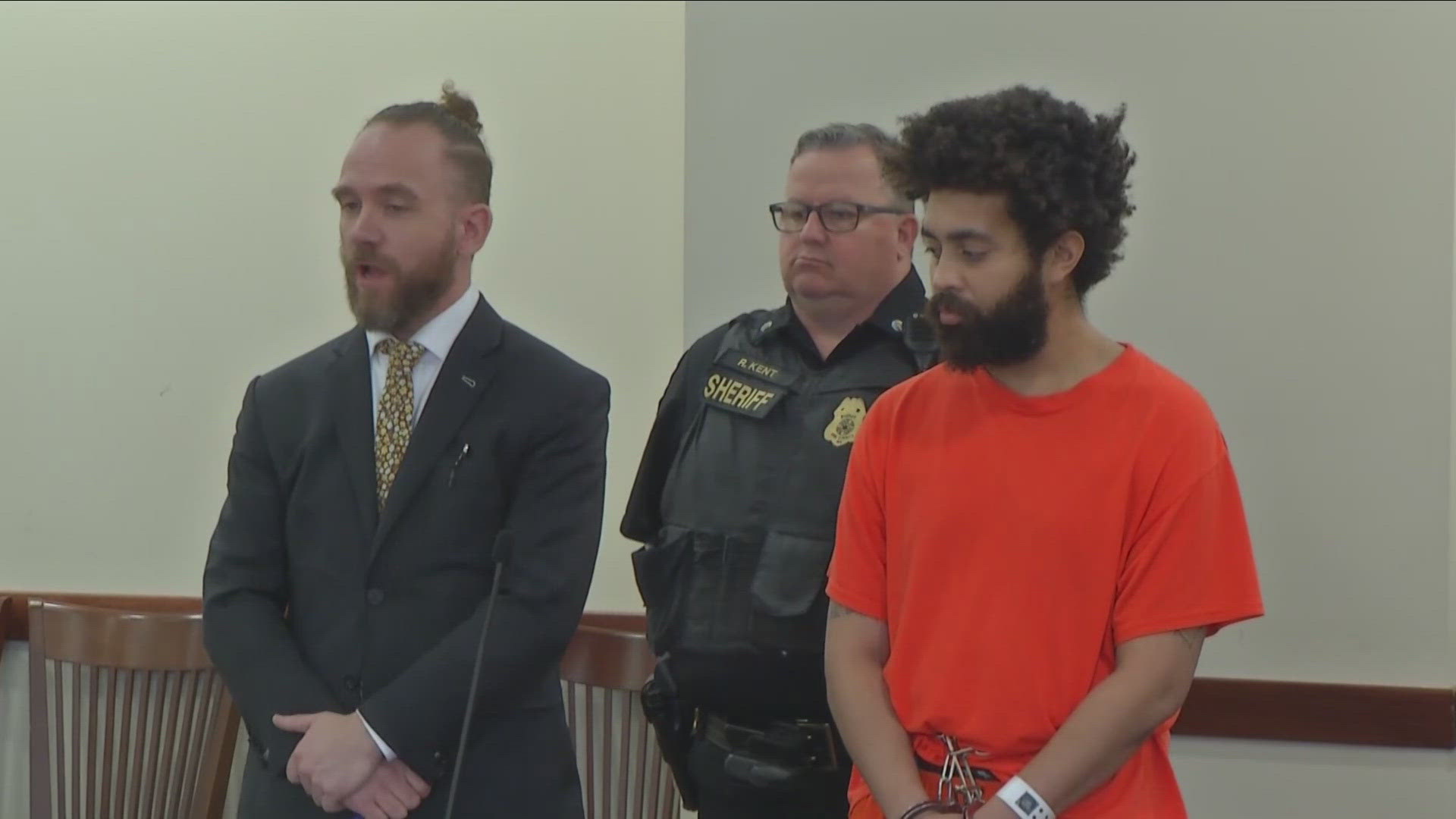The Erie County Sheriff's Office loss of evidence in the murder case of a Rochester man was "nothing short of astonishing" with "no rational excuse," a federal magistrate judge has ruled.
Still, U.S. Magistrate Judge Jonathan Feldman ruled, the lost evidence — which was shipped by the Sheriff's Office to an auction house and not seen again — was not purposeful. Lawyers for four people accused of murder in federal court in Rochester had asked for a murder charge to be dismissed because of the mishandled evidence — a request Feldman denied because, he said, the law requires that the proof was lost because of "bad faith" on the part of police.
Feldman issued his ruling earlier this month. A day-long hearing on the lost evidence was held in April, and lawyers later filed motions based on the hearing testimony.
As testimony showed, a box of evidence was stored at the Erie County Sheriff's Office in connection with the slaying of a Rochester man, Francisco Santos. Police allege that a local drug ring took Santos to the Cattaraugus Indian Reservation in Erie County in 1998, killed him, and dumped his body in a makeshift grave there.
Facing federal murder charges are Rochester residents James Kendrick, Pablo Plaza, Angelo Cruz, and Janine Plaza Pierce.
A former Erie County sheriff's property clerk testified at the hearing that in 2002 he must have mistakenly misread information on the box and sent it to an auction operation that auctioned off old evidence of little value. Homicide evidence was not sent for auction, he said.
The property storage room was often overcrowded, and was then not computerized, Sheriff's Office officials testified.
Among the evidence stored in the box were the broken blade of a knife found near the burial site, a broken shovel, and broken sunglasses. Police assume the evidence was disposed of by the auction business.
"No matter the vantage point, there is simply no rational excuse or coherent explanation for mindlessly releasing for auction evidence relevant to an unsolved murder investigation simply because the evidence room was getting too crowded," Feldman wrote.
But the property clerk was not involved in the homicide investigation and knew nothing of its possible "evidentiary value," Feldman wrote, refusing to dismiss the murder charge.
Lawyers for the defendants argued that evidence in the box could be exculpatory, but now was not available for more refined forensics testing than was available in the late 1990s.
Prosecutors maintained that there was no clear exculpatory value with the evidence. Soil from the broken shovel, which was found during the search of a Rochester home, did not match that at the gravesite, the FBI decided.
Also an Erie County lab decided there was no apparent serological materials on the knife blade.
Defense lawyers can appeal Feldman's ruling to a federal district judge.
The Erie County Sheriff's Office first investigated the slaying, but was unable to bring charges against anyone. A decade later, federal authorities reopened the case — an investigation that produced the murder charges in 2010.


